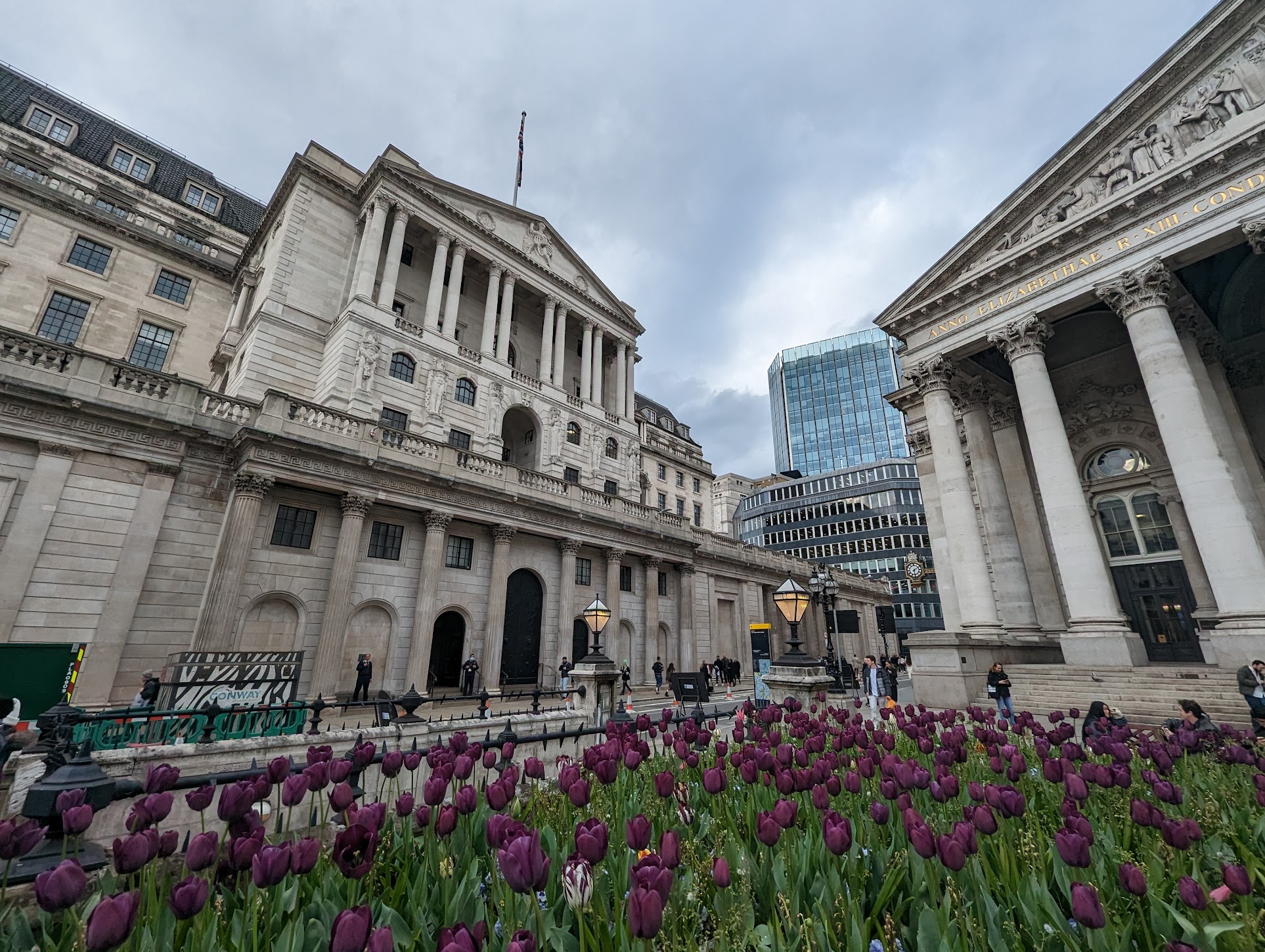CPI inflation remains unchanged at 6.7%

Caption
CPI Inflation in the UK has remained steady at 6.7% in September, defying the Bank of England’s prediction of 6.9%.
This consistent figure, primarily influenced by a rise in petrol costs counterbalanced by a decrease in food prices, reinforces expectations that the Monetary Policy Committee (MPC) will maintain the current interest rates in their November meeting.
The Scottish economic landscape mirrors this broader trend. Kevin Brown, savings specialist at Scottish Friendly, notes that despite inflation receding from its 11.1% peak in October 2022, the descent is sluggish.
Mr Brown explained: “Although there was slower price growth in areas such as food and drink in September, it was offset by rising petrol and diesel prices.
“Price rises are not consistent across the board and consumers are likely to see the costs of goods and services fluctuate in the coming months. There is some good news that average pay growth has finally risen above inflation, but it’s a narrow margin and is unlikely to drastically improve households’ finances.
“As we head into winter, fuel bills will go back up and more people will be exposed to higher mortgage costs. Now is a good time for households to build up a savings buffer where they can and set out their budgets for the next six months. By the time Spring comes round, we should hopefully see inflation moving closer to the long-running 2% target.”
Martin Beck, chief economic advisor to the EY ITEM Club, noted: “The EY ITEM Club thinks September’s reading should prove only a hiatus in inflation’s fall. A 7% month-on-month cut in household energy bills in October, reflecting the reduction in Ofgem’s energy price cap, versus a 27% rise in October 2022, should knock over a percentage point off the CPI measure that month.
“Further ahead, easing food price inflation, falling producer prices (manufacturers’ input costs in October fell outright on a year earlier for the fourth month in a row) and a weakening in other leading indicators, such as money supply growth, point to inflation continuing to fall.”
He continued: “The rise in oil prices since the summer, with the possibility of further increases due to tensions in the Middle East, could slow inflation’s descent. But the fact that fuel duties make up a significant chunk of pump prices will reduce the impact of more expensive retail petrol prices in percentage terms. And if consumers are compelled to spend more on petrol and so less on non-oil items, weaker demand and price pressures for the latter mean higher oil prices should have a smaller effect on core inflation than on the headline measure.
“Combined with an absence of unpleasant surprises in the recent pay data, the latest inflation numbers reinforce the EY ITEM Club’s expectation that interest rates will remain on hold when the MPC meets in November.
“Assuming a further rise in oil prices is avoided, the EY ITEM Club thinks falling inflation should give policymakers the confidence to start cutting rates from late next spring.”






